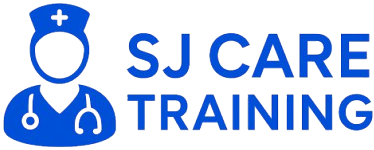
About Course
The Health Care Assistant (HCA) Training prepares learners with the core knowledge and practical skills required to work confidently and safely in health and social care environments.
Delivered by NHS-experienced trainers, this programme combines essential theory with hands-on practice, ensuring every learner understands not only what to do, but why each action matters in patient care.
This training equips candidates to support elderly individuals, assist with daily activities, take observations accurately, maintain patient dignity, and carry out safe, person-centred care in hospitals, nursing homes, and community care settings.
Course Program:
- Induction
- Mandatory Training
- Ageing and Activities of Daily Living (ADLs)#
- Vital Signs
- Practical in the Nursing Setting
How the Course Will Take Place:
-
Format: Classroom-based with hands-on practicals
-
Duration: 3–5 days (depending on participant group size)
-
Location: In-person at a community venue
-
Facilitators: Qualified NHS care professionals
-
Certification: Health Care Assistant Training Certificate
